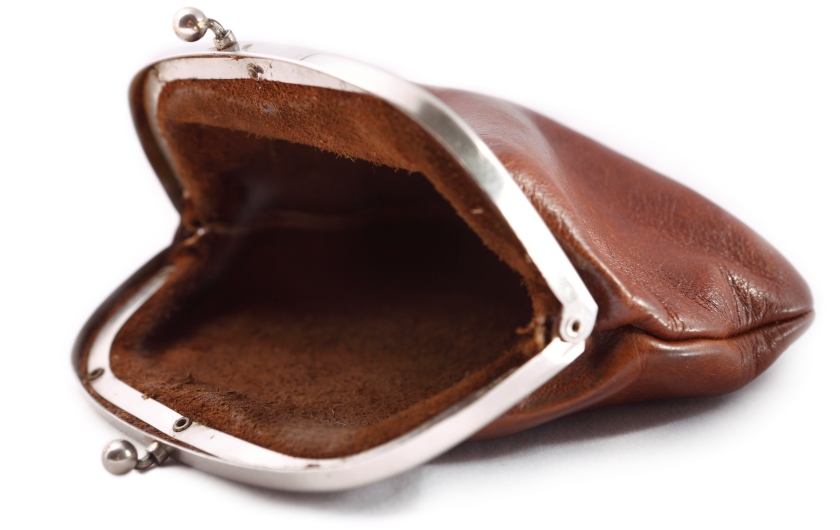Living longer means a longer retirement, and that will require more retirement savings
By Jennifer Hughes
Photo: iStock/rockz.
We’re now living longer, healthier lives. Due to medical advancements and higher standards of living, life expectancy has been increasing annually since the mid-20th century. In fact, those born after 2017 are now expected to live to be over 100 years old. This good news, however, can have some negative consequences when it comes to financial security and retirement.
According to a report from the World Economic Forum, an international not-for-profit organization, retirees are expected to outlive their savings. In 2015, the retirement savings gap across Australia, Canada, China, India, Japan, the Netherlands, the United Kingdom, and the United States was $70 trillion. However, this number is expected to rise to $400 trillion by 2050. In Canada alone, the gap is estimated to rise from $3 trillion in 2015 to $13 trillion in 2050.
As more and more people retire, government and employee retirement plans are becoming more limited. This means that we must now take control of our own retirements, but many don’t have enough personal savings to make up the gap. Looking at Australia, Canada, Japan, the Netherlands, the UK, and the US, the report found that most retirees are likely to outlive their savings by one to two decades.
In Canada, retirees have enough savings to cover only 9.3 years of retirement income. According to the report, the average Canadian man has a gap of 9.9 years, while the average Canadian woman has a gap of 12.7 years, since women typically live longer.
“All the risks that governments and employers used to have, we’ve shifted that onto workers,” said Han Yik, a co-author of the report. He warns that unless policymakers, employers, and workers take action, seniors will be forced to either postpone retirement or spend less. As a result, the idea of retirement at the age of 65 might soon become a thing of the past.






